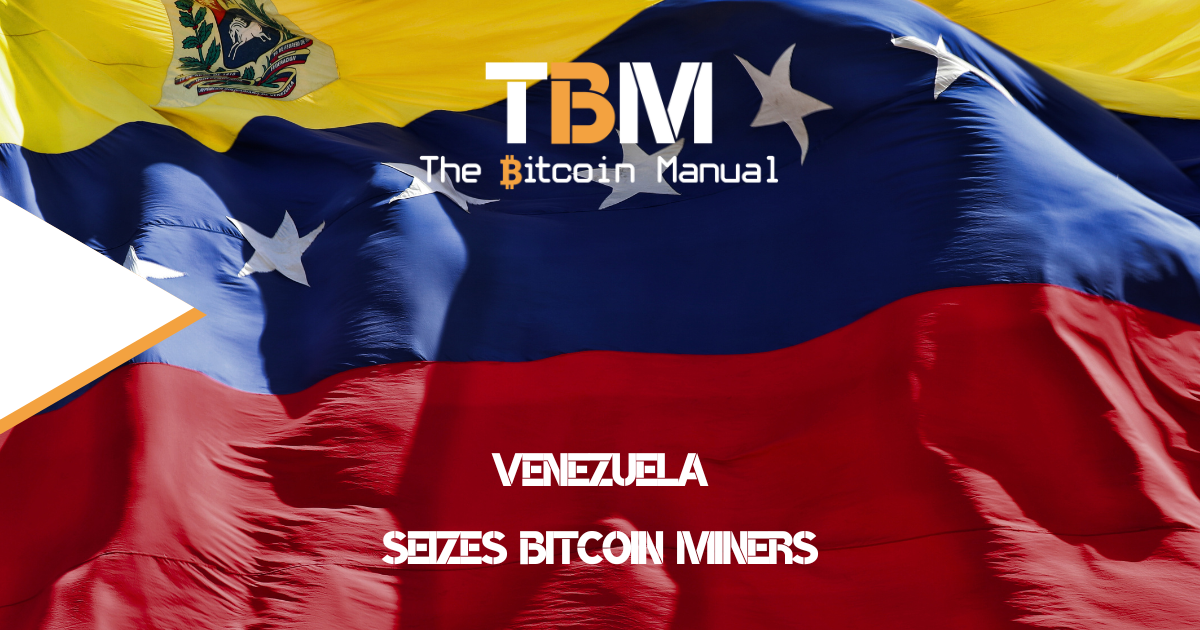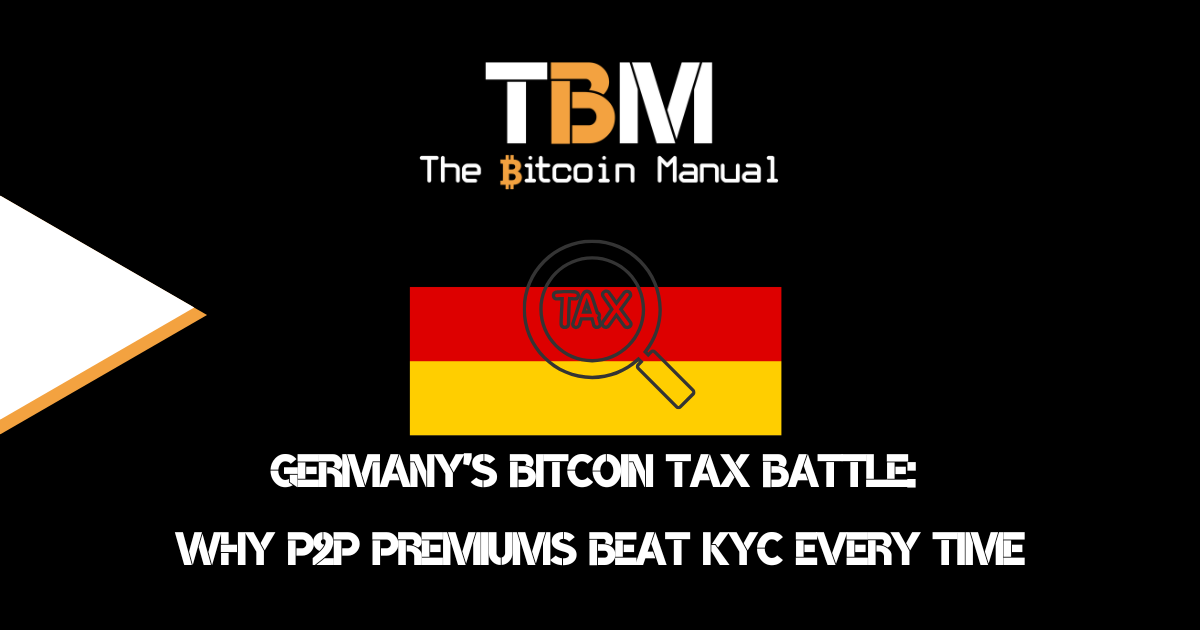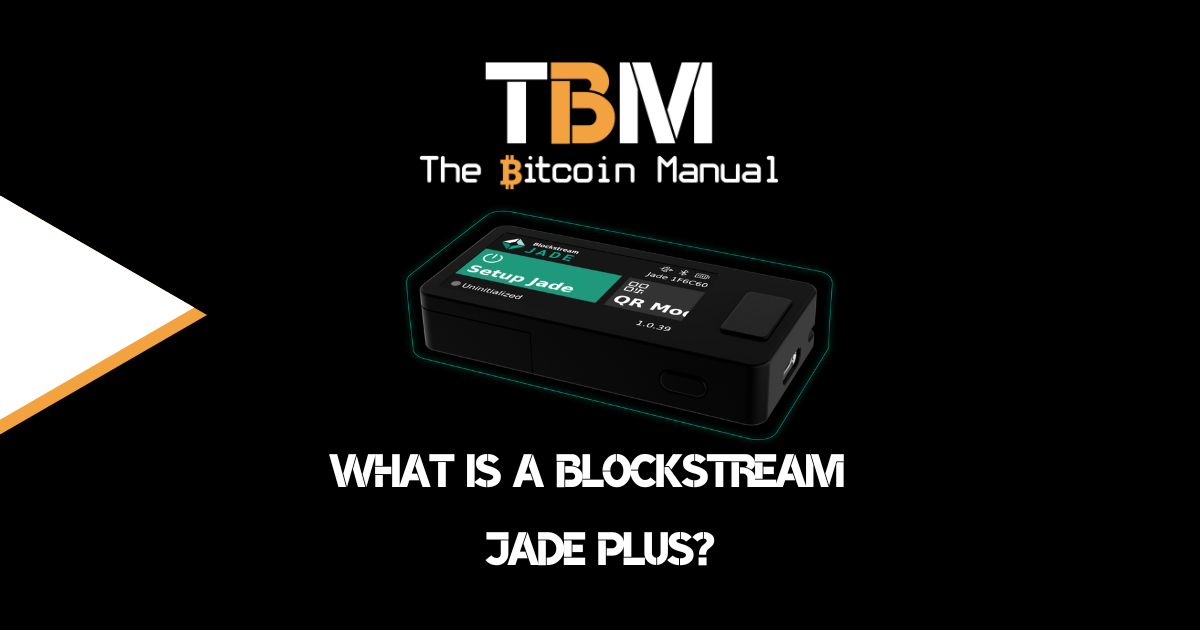Venezuela’s recent crackdown on Bitcoin miners has the Bitcoin world buzzing and is a harsh reminder that governments can be the biggest NIMBYs around. The decision comes in the wake of a recent confiscation of 2,000 mining devices in the city of Maracay as part of an anti-corruption initiative.
Authorities have seized over 11,000 mining rigs and are actively disconnecting mining farms from the national grid in a move to address the country’s ongoing energy crisis.
The government claims Bitcoin mining is a major drain on the already strained power supply, contributing to frequent blackouts. By eliminating this energy-intensive activity, they hope to improve electricity access for citizens.
This move has sparked debate. Bitcoin enthusiasts criticise it as heavy-handed regulation, arguing that alternative solutions exist. They point out that Venezuela’s troubled energy infrastructure and poor governance are to blame, not mining, as the root cause of the problem.
The government, however, maintains its stance.
They see the high energy consumption of mining as incompatible with their efforts to stabilise the grid.
JUST IN: Authorities in 🇻🇪 Venezuela release video documenting the seizure of a large #Bitcoin mining facility following this week’s decree to crack down on the industry 😮 pic.twitter.com/Fe1CzlyjMt
— Bitcoin News (@BitcoinNewsCom) May 19, 2024
What are the implications of the mining seizure?
- Reduced blackouts? The success of this crackdown in bringing energy stability remains to be seen. Whether Bitcoin mining was a significant enough contributor to blackouts is debatable.
- Bitcoin uncertainty in Venezuela: This move creates a climate of uncertainty for cryptocurrency in Venezuela. Investors may be wary of entering a market with such strict regulations.
- Global impact? While unlikely to cause a global shakeup, Venezuela’s actions could set a precedent for other countries struggling with energy issues or governments looking to reduce Bitcoin’s popularity locally to pull such a stunt.
The moral maze of Bitcoin’s energy hunger
The high energy consumption of Bitcoin mining is a major point of contention with carbon hysteria as high as global hash rate production, but how do you attack a profitable business?
If you’re not stealing energy and paying for it, there’s very little governments can do; you’re running a legitimate business and paying for the expenses, creating jobs and generating income for the local economy.
One is to make it unprofitable by adding tonnes of compliance and regulation, and the other is to use moral arguments surrounding this issue and see how they are used as a critique.
Bitcoin is a protocol where people willingly participate, and it doesn’t have a fancy PR firm to defend it, so social attacks are common. You’ll hear the justification for shutting down Bitcoin miners based on possible use cases for the energy.
Bitcoins energy could be used for babies in incubators or farming to feed the poor. Instead, we’re all boiling the oceans and speculating on financial markets.
Let’s just ignore all the people who use this monetary network every day to pay for goods and services or store the product of their labour; that’s not important.
Utility vs. waste
Some proponents argue that Bitcoin’s energy use isn’t inherently wrong because Bitcoin provides zero value.
Yet, Just like any utility, it depends on the purpose.
Climate change activists would rather we waste resources on cardboard straws and plant-based synthetic meats because that’s what’s culturally popular, not for the utility or the cost-effective nature, but because it feels good.
Resource allocation
The vast amount of energy used for Bitcoin mining could be used to power homes and businesses, particularly in developing nations. Critics see this as a misallocation of resources with ethical implications.
How this argument attacks Bitcoin
The high energy consumption narrative is a potent weapon against Bitcoin for several reasons:
Public concern
Climate change is a major global concern, with a new Gretha Thunberg minted at a faster rate than the amount of Bitcoin every 10 minutes. There is no shortage of climate protestors willing to rage against the perceived baddies dumping carbon into the atmosphere.
By portraying Bitcoin as a contributor, critics can tap into public anxieties and sway public opinion on whether Bitcoin mining should be part of their local economy.
Sustainability concerns
Sustainability is a word we hear often, but very few, if any, can answer its intent in the industry. The argument of sustainability should revolve around whether this business operates at a profit and can pay for all its expenses. Sadly, sustainability is centred around the shifting definition of responsible resource management.
Who decides what’s a responsible use of energy? Well, the institute with the monopoly in a certain region, of course.
Potential regulation
Governments worried about how they are perceived on the global stage or their ability to access the ever-growing green finance grift may use Bitcoin’s energy footprint as justification for stricter regulations or even bans.
Demand response, anyone?
Seizing miner operations seems like quite a leap, given Bitcoin miners’ history of working directly with power producers and grid operators worldwide.
Some grid operators have instituted programs that encourage large electricity consumers, such as miners, to curtail their use during periods of peak demand.
Depending on the amount of power available, miners could reduce their operations by switching off some of their ASICS or completely shut down to allow for power distribution to key areas or functions.
- An example of demand response strategies was on full display in September of 2023, when Bitcoin miner RIOT aided the Electric Reliability Council of Texas, or ERCOT, by reducing its power usage amid a Texas summer heatwave.
- In February 2021, Texas experienced blackouts due to a severe winter storm, prompting Bitcoin miners to reduce their power to assist ERCOT.
- In February 2022, operations using demand response systems dialled back power in anticipation of winter storms.
Pricing miners out of your country
Bitcoin miners are particularly sensitive to energy costs; they actively seek out the cheapest energy around to ensure they have adequate margins to operate at a profitable rate.
Instead of bashing down the doors of a mining operation, another avenue would be to agree on power rates that discourage miners from using too much energy, growing their operations or competing with other industries for that energy.
This way, miners can decide, based on economic incentives, if they wish to remain in operation and at what size, or if they need to onboard alternative energy sources like wind and solar or relocate to a different energy-stranded or underutilised energy source.
Chasing cheap energy can have other costs
Cheap energy might be the primary drawcard for setting up a mining operation, but it only forms one part of what will be a conducive environment. Energy sources are distributed all over the world, and some are more risky than others.
Starting a large-scale Bitcoin mining operation you expose yourself to other risks.
- Regulation risk
- Asset seizure risk
- Power outage risk
“Moving our #bitcoin mining operation to Venezuela for cheap hydroelectric power 🔥 ” turned out to be a pretty terrible strategy…. pic.twitter.com/yV4olFYa18
— 🏔Adam O🏔 (@denverbitcoin) May 19, 2024
So if the local grid is dilapidated, the local country isn’t politically stable or doesn’t care much for due process or the rule of law, your cheap KW is not going to make up for the cost of lawyers, improving infrastructure you depend on, moving operations later down the line, or coming into compliance, if that is even a possibility.
The situation in Venezuela highlights the complex relationship between Bitcoin mining and energy consumption. As countries grapple with how to regulate this evolving technology, we’ll see which side of history each country decides to take.
Do these countries embrace mining like the US, Bhutan and El Salvador, or do they fight it like China and Venezuela?




